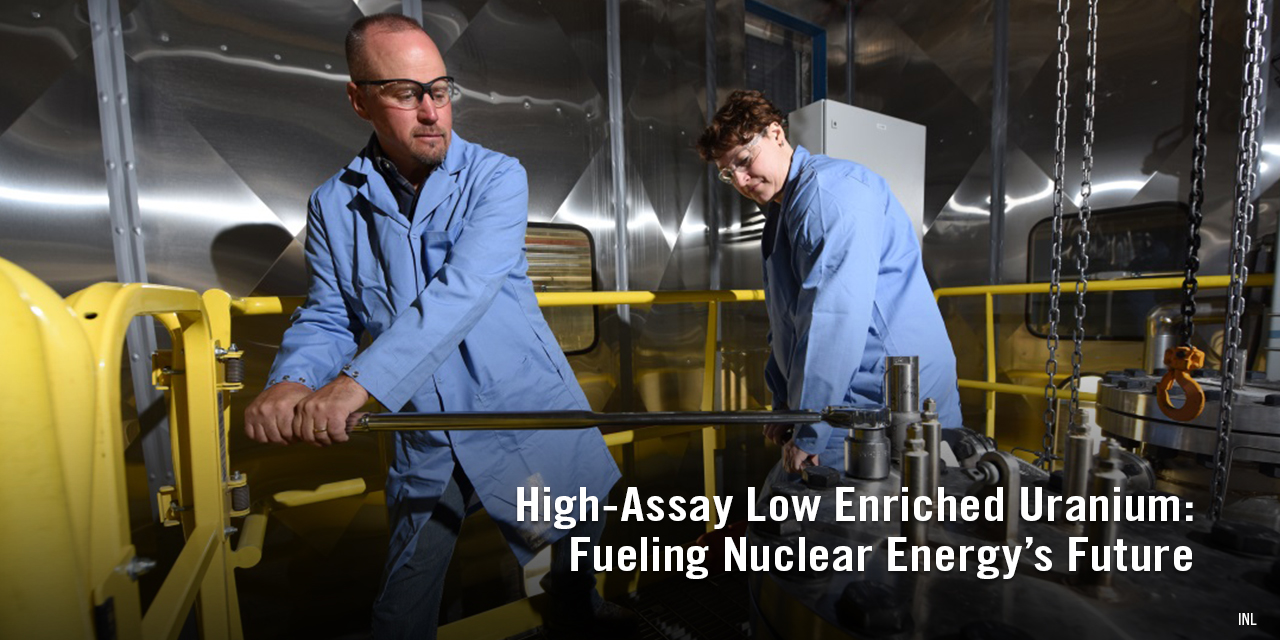This image from a video reportedly shows the start of installation of a protective covering over spent fuel storage tanks at the Zaporizhzhia nuclear power plant in Ukraine. (Image: Telegram/Vladimir Rogov)
Russia has begun construction of protected covering at Ukraine’s Zaporizhzhia nuclear power plant, according to a December 17 report from Russian news outlet RT. The story has been picked up in the West by some news agencies but has not been widely circulated.
Vladimir Rogov, a Russian-appointed official in Zaporizhzhia Oblast, said, “Russia is constructing a protective dome over spent radioactive fuel stores at the [Zaporizhzhia] nuclear power plant as Ukrainian forces continue to target the facility.”
The Yakutia awaits launch at St. Petersburg’s Baltic Shipyard on Nov. 22. (Photo: TASS/Valentin Yegorshin)
Advancing its efforts to develop the Arctic and establish new energy markets, Russia launched a new nuclear-powered icebreaker, the Yakutia, in St. Petersburg during a November 22 ceremony. At the launching in the northern Russian port city, the Russian flag was raised on another nuclear icebreaker, the Ural. Overseeing the events via video link from the Kremlin, Russian president Vladimir Putin said that the icebreakers “were laid down as part of a large serial project and are part of our large-scale, systematic work to reequip and replenish the domestic icebreaker fleet, to strengthen Russia's status as a great Arctic power.”
Rafael Mariano Grossi, the IAEA's director general, addresses the UN Security Council via video link on August 11. (Photo: IAEA)
Contradictory accusations concerning the artillery shelling of the Zaporizhzhia nuclear power plant in war-torn Ukraine continue to be made by the Ukrainians and Russians. Both sides have acknowledged several hits on the facility, including 10 artillery strikes on the plant’s administrative office and fire station on August 11. As the two countries blame each other for the attacks, independent authorities have been unable to verify the opposing claims.
Meanwhile, at a meeting of the UN Security Council, Rafael Mariano Grossi, director general of the International Atomic Energy Agency, warned that the situation was in “a serious hour, a grave hour.” UN secretary general António Guterres added that it could “lead to disaster.”
European Nuclear Society and American Nuclear Society condemn attacks on Ukraine's nuclear facilities, denounce misinformation on nuclear safety, and reject unfounded proliferation allegations.
The European Nuclear Society (ENS) and the American Nuclear Society (ANS) issued a joint statement expressing support for their Ukrainian colleagues and the International Atomic Energy Agency in ensuring the continued safe operation of Ukraine's nuclear power plants and facilities, amid Russia's ongoing invasion of Ukraine.
Europeans are taking resolute steps to reduce their output of climate-changing gases, but some countries are moving in the wrong direction.
Europeans are taking resolute steps to reduce their output of climate-changing gases, but some countries are moving in the wrong direction.
Many countries are adding solar and wind, which are low-carbon energy sources. Some have moved to biomass, the value of which as a climate cure is not clear. A few are adding reactors, while others are defining nuclear as dirty energy and natural gas as “clean” and are changing their generation mix accordingly.
This is the first newsletter of the ANS Rapid Response Taskforce on the Russian invasion of Ukraine. The Taskforce will issue updates as needed.
Energoatom, photo of Rovno (Rivne) NPP. Rivne NPP | Energoatom
External power supplies were restored to the decommissioning Chernobyl facility following repairs of damaged power lines — before being reportedly damaged again, according to Ukraine's transmission system operator Ukrenergo.


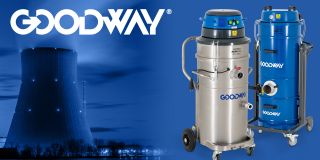




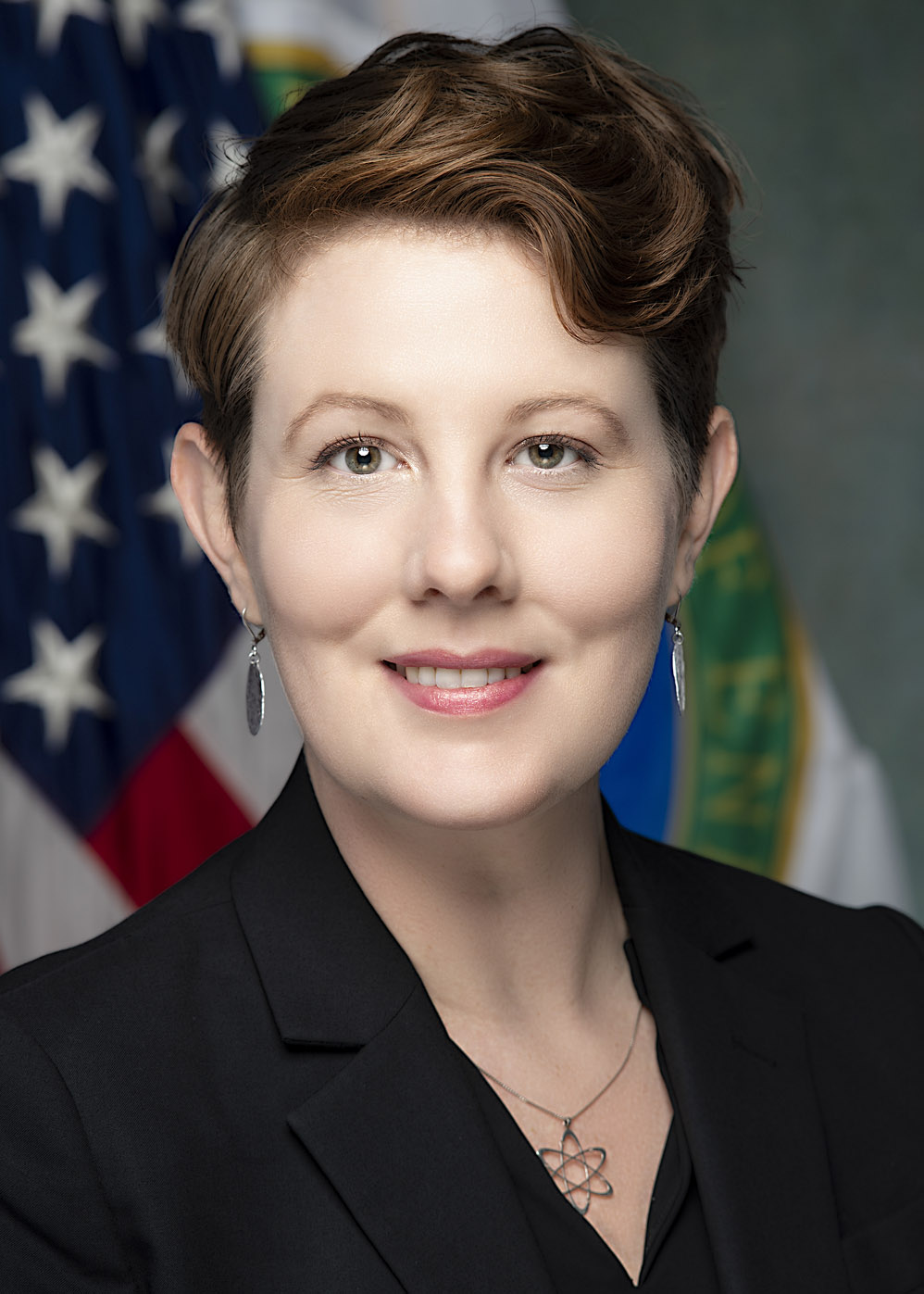

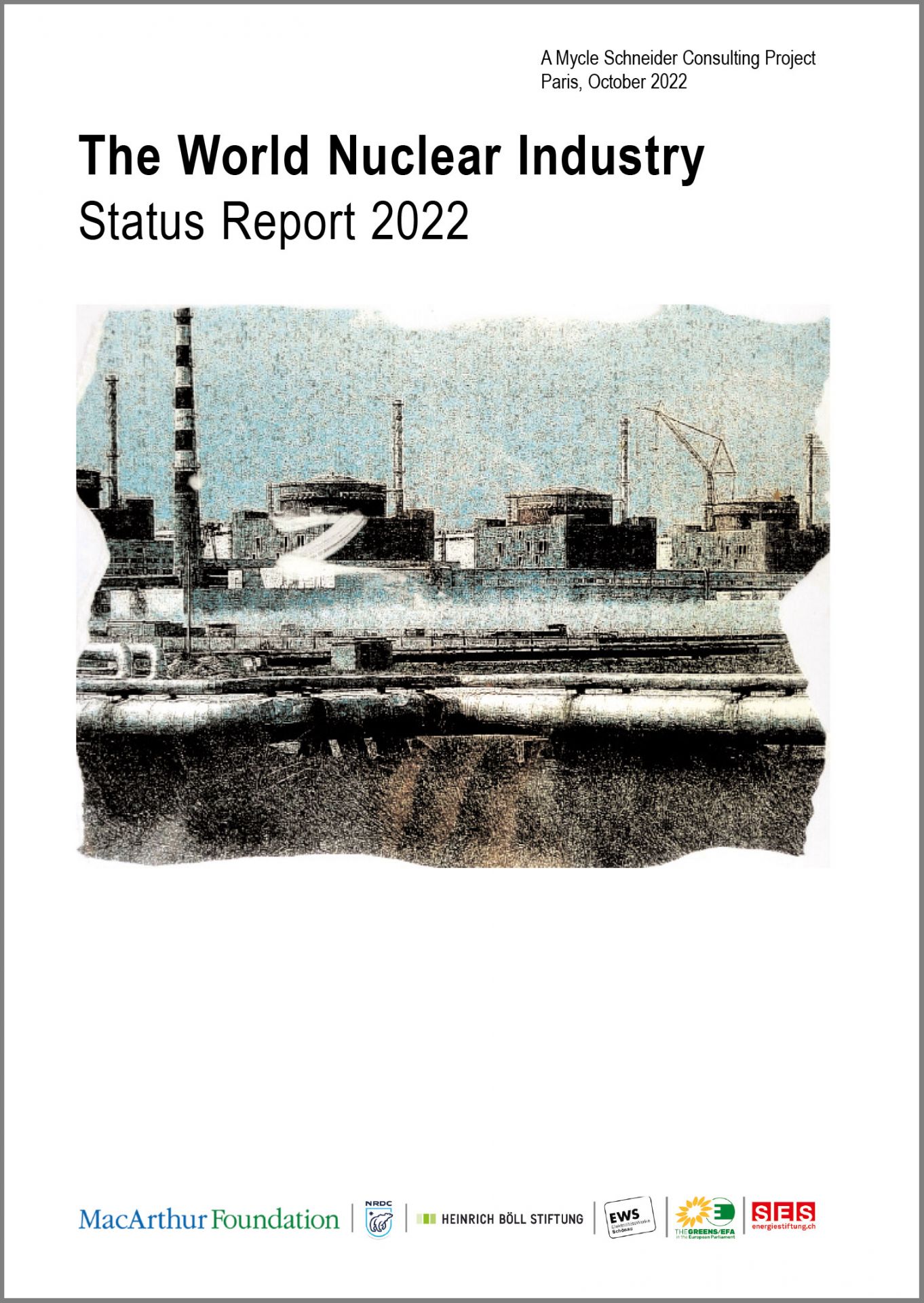 A picture of the state of the global nuclear energy industry has been painted in a
A picture of the state of the global nuclear energy industry has been painted in a 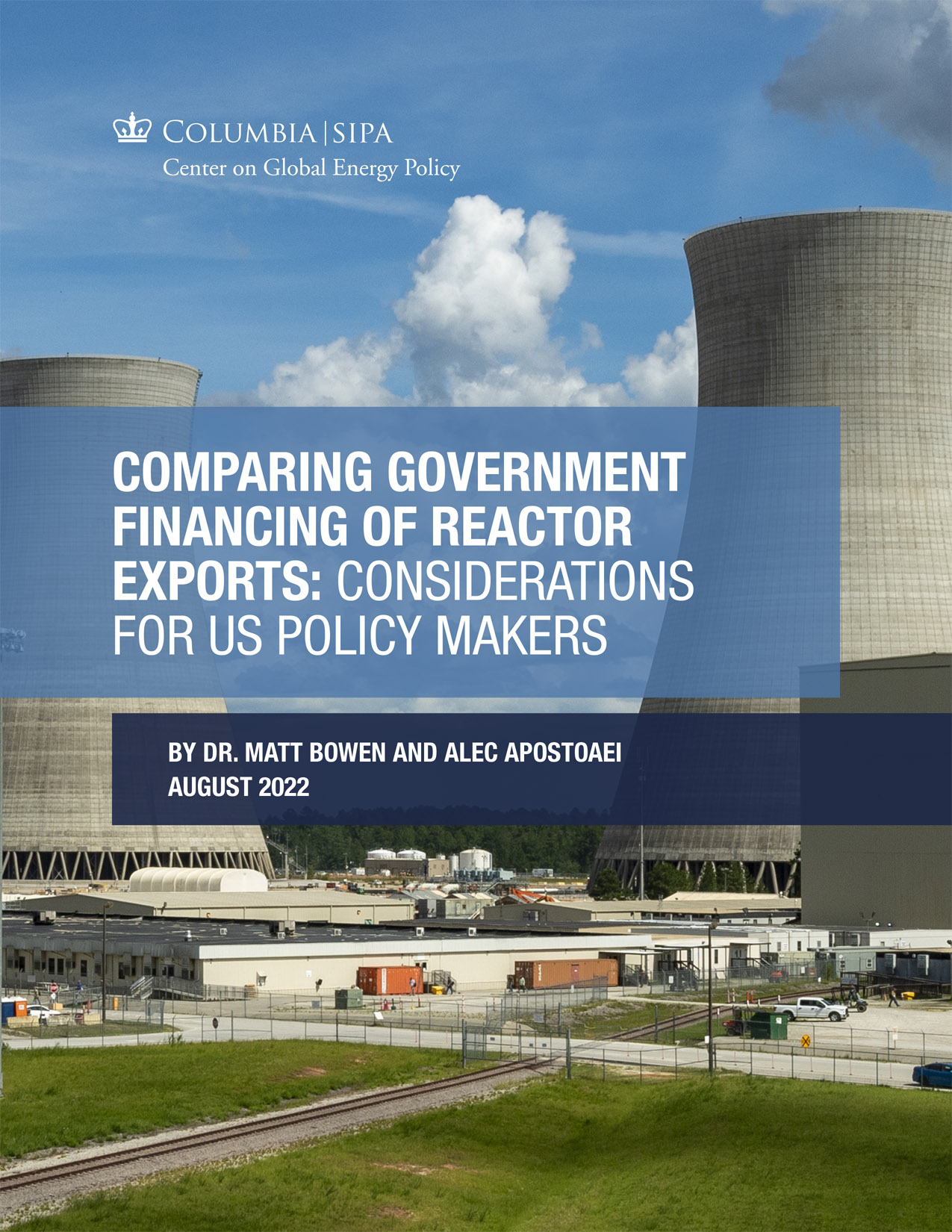 As energy security and environmental concerns prompt some countries to increase their reliance on nuclear energy or become first-time adopters of the technology, the U.S. government must decide whether it will offer financing for reactor exports—a move that poses financial risks but could create jobs, address global climate and energy security challenges, and limit Chinese and Russian influence. A new
As energy security and environmental concerns prompt some countries to increase their reliance on nuclear energy or become first-time adopters of the technology, the U.S. government must decide whether it will offer financing for reactor exports—a move that poses financial risks but could create jobs, address global climate and energy security challenges, and limit Chinese and Russian influence. A new 


